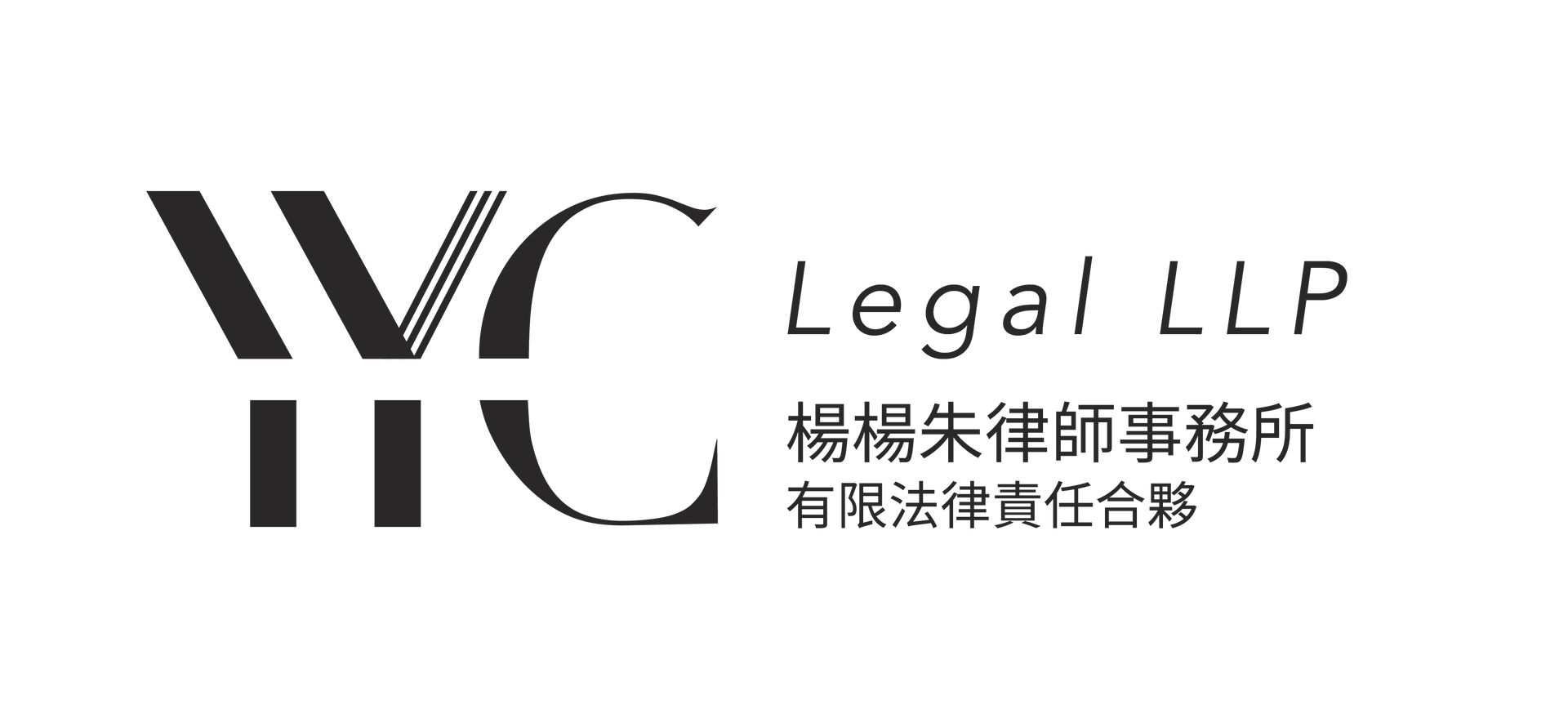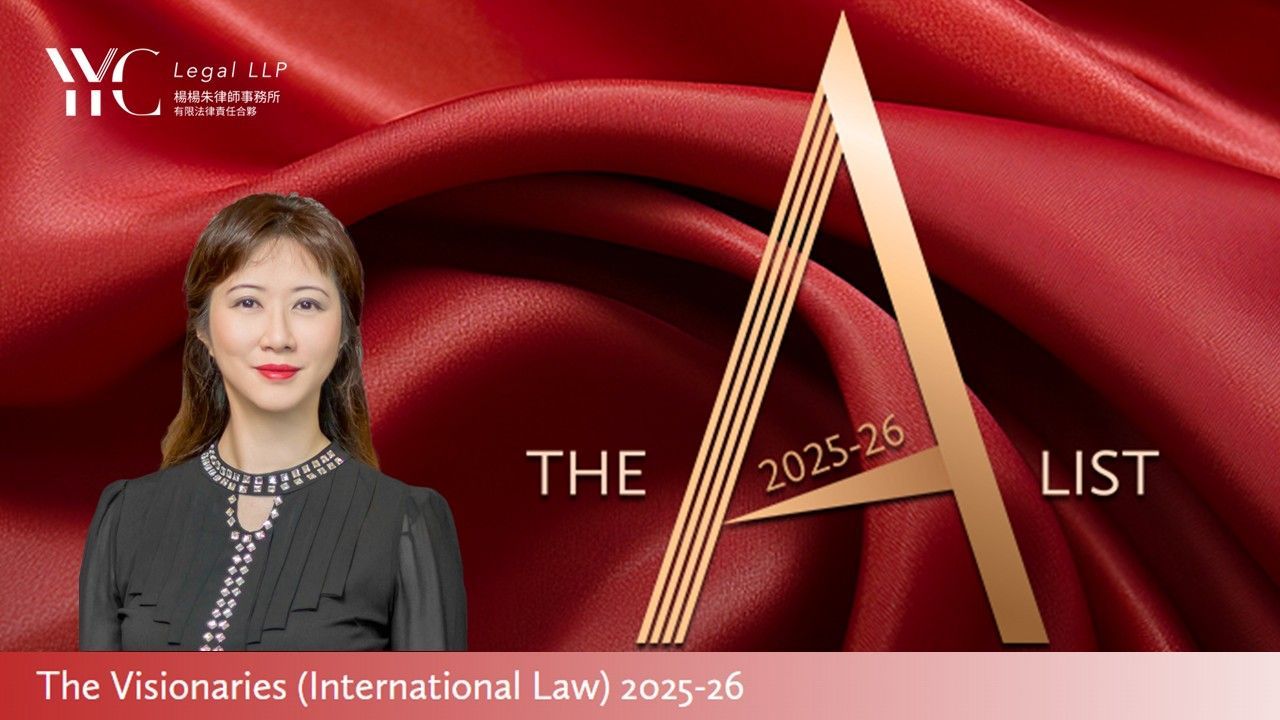The retail investors issue
As all licensed VA trading platforms may admit both security and non-security tokens, the first controversial question is whether those platforms allow retail investors to trade. Under the VATP regime, retail clients may be included subject to certain robust protection measures. For example, before onboarding any retail investor, the VATP has to conduct a holistic assessment of the investor, e.g. his/her understanding and knowledge of VAs, risk tolerance level, prior VA work and trading experience.
A VATP has to conduct due diligence on each VA before admitting it for trading and consider factors such as the development and management team of the VA, the VA’s regulatory status in Hong Kong, its compliance with local laws in other jurisdictions, track record (at least 12 months for a non-security token), liquidity, technical aspects, as well as market, governance and legal risks.
To admit any VA for trading by retail clients, in addition to the above admission criteria, the VATP has to ensure the VA does not fall within the definition of “securities” under the Securities and Future Ordinance unless its offering complies with the prospectus requirements of the Hong Kong public offering regime. The VA must also be of high liquidity and be an eligible large-cap VA (i.e. have been included in a minimum of two acceptable indices issued by at least two different index providers).
Safeguarding of client assets
The SFC noted the international focus on the risks posed by stablecoins, the push for regulation and the need to ensure that stablecoin reserves are properly managed to maintain price stability and fulfil investors’ redemption rights. The Hong Kong Monetary Authority published in January 2023 the conclusion on its discussion paper on crypto-assets and stablecoins, and indicated to regulate certain activities relating to stablecoins. The SFC will not allow stablecoins for retail trading prior to the implementation of Hong Kong regulations on stablecoins, which is expected to be in 2023 or 2024.
Regarding the trading process, the VATP should establish and maintain policies and control measures to prevent or detect errors, omissions, fraud, market manipulation, abusive activities and other improper actions. A VATP is not permitted to provide algorithmic trading services to its clients, offer any gift to its clients for trading VAs other than a discount of fees or charges, or make any asset lending/borrowing arrangements with its clients.
The VATP should only hold client assets on trust for its clients through its associated entity (i.e. a wholly-owned Hong Kong subsidiary of the VATP which holds a “trust or company service provider licence” under the AMLO regime). Such associated entity should not conduct any business other than holding those client assets. Also, 98% of the client VAs should be stored in cold storage, except otherwise permitted by the SFC, to minimise exposure to losses arising from hacking, cyberattack or any other compromise of the platform. The SFC does not accept custody by third-party custodians of client assets.
The VATP must have in place an SFC-approved compensation arrangement to cover loss of client VAs. Such arrangement should cover potential loss of 50% of client VAs in cold storage and 100% of client VAs in hot and other storages. It should include any or a combination of third-party insurance, demand deposit, time deposit with maturity period of six months or less, bank guarantees provided by a Hong Kong authorised financial institution, and VAs of the VATP or its group companies set aside on trust.
Travel rule
The term “travel rule” refers to the application of the wire transfer requirements set out in the Financial Action Task Force Recommendation 16 in a modified form in the context of VA transfers (in particular, the requirements to obtain, hold, and submit required and accurate originator and required recipient information immediately and securely when conducting VA transfers).
It is a key anti-money laundering measure for VA service providers and financial institutions as it provides fundamental information for carrying out sanctions screening and transaction monitoring, as well as other risk mitigating measures. To respond to the practical difficulties in implementing the travel rule immediately, the SFC accepts an interim measure until 1 January 2024 allowing that the required information to be submitted to the beneficiary institution as soon as practicable after the VA transfer. The VATPs should comply with the rest of the travel rule from 1 June 2023.
The SFC will adopt a streamlined process so that only a single consolidated application needs to be submitted for a dual licence application under the VATP Regime and the AMLO Regime.
The SFC’s Guidelines for Virtual Asset Trading Platform Operators took effect on 1 June 2023. It also revised the Guideline on Anti-Money Laundering and Counter-Financing of Terrorism (For Licensed Corporations and SFC-licensed Virtual Asset Service Providers) and the Prevention of Money Laundering and Terrorist Financing Guideline issued by the Securities and Futures Commission for Associated Entities of Licensed Corporations and SFC-licensed Virtual Asset Service Providers, which became effective on the same day.


















